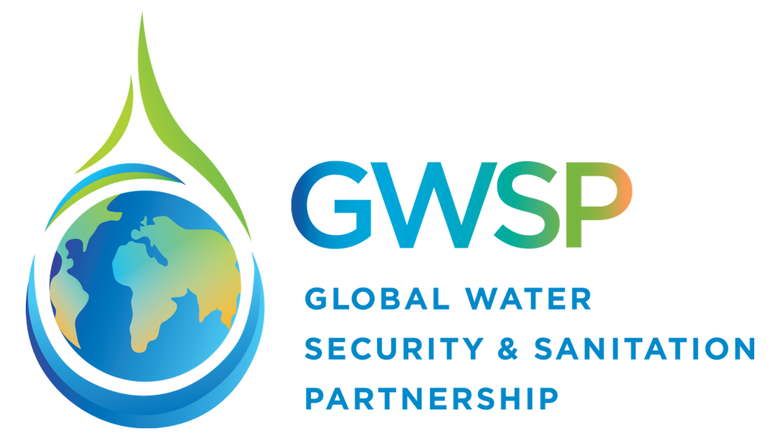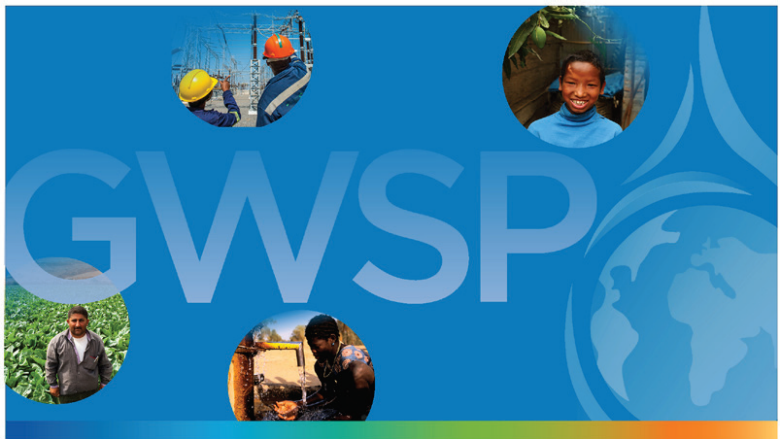Water flows through the Sustainable Development Goals (SDGs) and this presents both challenges and opportunities. And the SDGs not only come with new and significant financing needs but SDG 6, for example, commits to universal access to WASH (water supply, sanitation and hygiene) with a new and broader framework.
But it also presents an opportunity for new paradigms, creative collaborations and fresh approaches. That’s why, one year ago this month, the World Bank with its partners launched a new partnership for a water-secure world, the Global Water Security & Sanitation Partnership (GWSP), housed within the World Bank’s Water Global Practice (GP).
This partnership comes at a vital moment. “,” says Guangzhe Chen, Senior Director for the World Bank Water Global Practice. “Some one-fifth of the world’s population, or 1.2 billion people, now live in an area of water scarcity, where demand cannot or will not continue to meet supply. And ”

The GWSP stands on the shoulders of giants. It builds on decades of knowledge, learning and practical experience from the World Bank, the Water Partnership Program (WPP) and the Water and Sanitation Program (WSP.) Jan Willem Rosenboom, Senior Program Officer for Water, Sanitation and Hygiene at the Bill & Melinda Gates Foundation, explains why this heritage makes the GWSP an important partner:
“The WSP operating model continues to inform GWSP’s approach, through its continued local engagement and strategic partner relationships. And GWSP offers an even clearer pathway to scale through the deeper connection with World Bank Operations and this will be crucial for achieving the SDGs.
“When the Gates Foundation made its first investments in WASH, WSP was one of our earliest partners. The depth and strength of our relationship continues with the collaborative creation that is GWSP and I look forward to continuing to work together, with even stronger alignment going forward.”
At the core of GWSP’s model is a belief that first-rate research and systematic knowledge is essential to maintaining the high quality of World Bank operations. It is equally essential to shaping the external debate as part of our mission to deliver a water-secure world for all. So the GWSP produces strategic, robust and practical information, insights and ideas to shape both practice and policy.
For example, the GWSP part-funded the WASH Poverty Diagnostic Initiative, an 18-country research project. Launched at last year’s World Water Week, the report’s webpage attracted 25,000 unique visitors within eight weeks of its release, its videohas been viewed over 34,000 times on YouTube and the Nigeria report was launched alongside Nigeria Vice President Prof. Yemi Osinbajo.
The GWSP does not pursue knowledge for its own sake but rather knowledge as an instrument for improvement.

